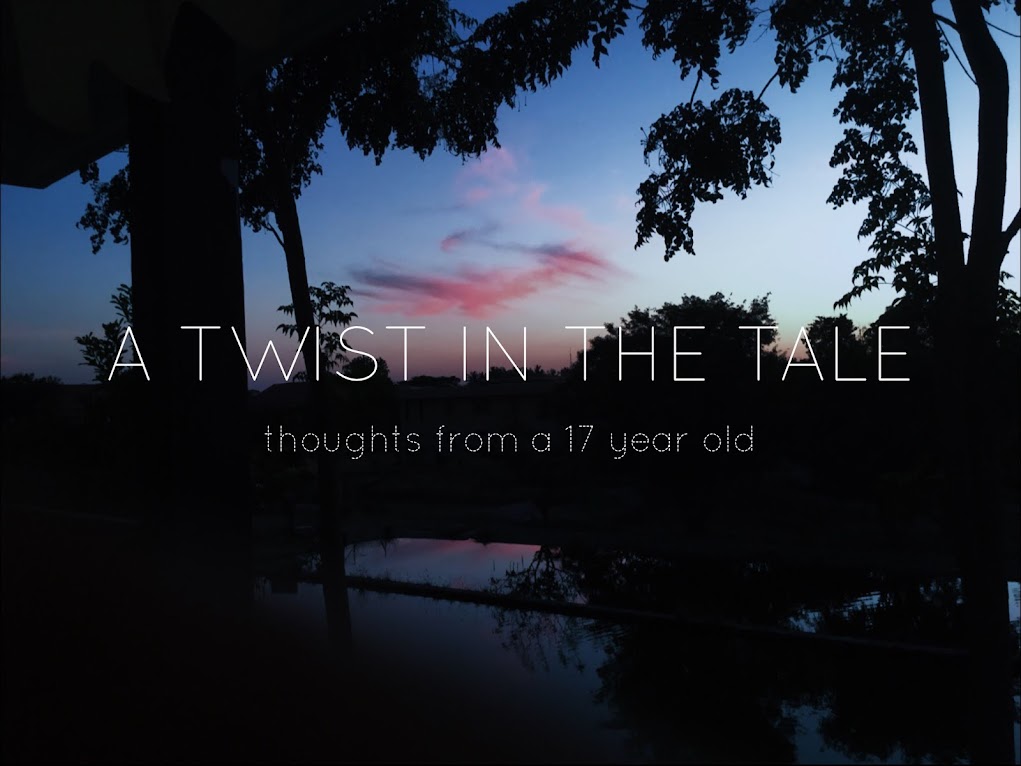Faith can be defined as having complete confidence and trust in a person or phenomena. This is a way of knowing unique to individuals as it is based solely on their personal experiences in life. Something else that has been commonly observed is the lack of evidence that is presented with faith. On the surface level, we may deem it irrational or unreliable based on the current knowledge of faith that we have. If we cannot prove that something is true, how can we believe in it? How are we able to put our blind faith into instances that have no feasible explanations. Furthermore, for some people, their faith ; no matter religious or non religious is all they have. They often use this as a crutch to move forward. Unfortunately, the problem with this is that faith can indeed cloud your ability to think in an unbiased manner. When there is no room left for reason, faith becomes an unreliable way of knowing. It implies hoping for something without evidence. Knowledge, is more or less based on facts and truths that can be proved. Also, having faith in something that clearly contradicts proven facts can only lead to ignorance and denial. This is a clear hindrance in the acquisition of knowledge. On the other hand, the pursuit of knowledge without faith may lead to dead ends. Not believing in something, or rather hoping in it may curb you from working at the best of your abilities ; but at the same time leaving all to faith can be a dangerous decision. Hence the validity of faith as a reliable way of knowing is questionable.
Firstly, let us look at it through the perspective of religious knowledge systems. Religion as a whole is completely based on the notion of faith itself. Religions cannot be kept alive for generations and generations if there is a lack of a consistent practice that includes a faithful devotion to one's creator, but isn't this exactly what we have previously questioned? If religion is an occurrence that feeds off of believers who trust the unproved , isn't it supposed to be considered illogical and groundless?Should religion be taken seriously? Of course it does. Based on the teachings that one receives, religion plays an avid role in distinguishing between what is right and wrong as well as in instilling core values that are to be carried along for a lifetime. That is why it is important to study religion, so if the world was void of a concept of faith, there would be no religion. It is important to note though that faith in itself is not the same as religion. In fact, faith can be in anything, not just religion. But religious knowledge systems are successful in giving us an insight into human mindsets.
Now looking at it from the point of Natural Sciences, which is heavily dependent on physical proof and evidence, one might say that faith has nothing to do with it. But a scientist must have faith in his methods and faith in his ideas for there to be progress. This concept is almost like a double edged sword. Too little faith, you have a pessimistic outlook on life and believe in less than you ought to. Too much and then you cloud you clear think and often become ignorant. The sciences are heavily dependent on reason and proof and this is obtainable with faith as well. Some scientists are religious because thy say that religion is some way or the other is helpful in piecing together questions that we might have about the universe and its existence.
A real life situation that includes both the natural sciences and religious knowledge systems is the relationship that the Jehovah's Witness has with blood transfusions. A blood transfusion in life or death situations can be of tremendous help and can ultimately save a persons life. Jehovah's Witness believes that their faith is of higher power than using blood to treat diseases. From a scientific point of view, there is little possibility that a body is able to sustain itself without a blood transfusion when it is desperately required. If someone dies, we question faith as a reliable way of knowing and we also question its ethical nature.
Therefore, because of the lack of proper proof, I would say that faith is not the most reliable way of knowing in comparison to others.






